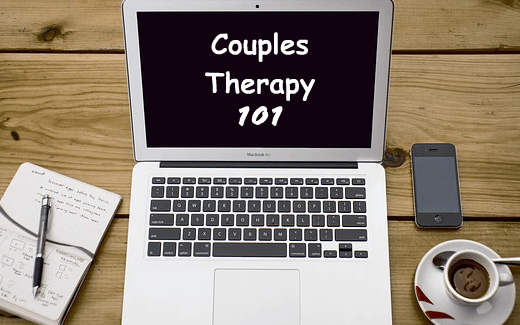Couples Counseling Communications
Deb Klecha, LCPC, CADC
At the beginning of couples counseling, there is frequently a feeling of, “I need to explain my side and get the therapist to agree with me.” Understandable. Everyone wants to be validated—especially when there is discord in their most intimate and closest relationship. It’s one of the primary reasons people seek out couples counseling in the first place.
Even if this is not intended or articulated, there is an element of, “I’ve got a third party in the room who will be giving us feedback, I better make sure that he/she sees that I am right in this situation.”
Most therapists will avoid taking this bait because it will triangulate the session—meaning that there is a risk that one person feels alienated and ganged up on. If there is even a hint of this, the therapist and client should address it immediately. Otherwise, the person feeling tag-teamed has little motivation to continue with the therapy and may abandon the process altogether. Then there is no benefit to either party.
But the benefits of avoiding this scenario go beyond reducing risk of alienation. Most couples seek therapy at least in part due to communication and intimacy issues.

The office setting often provides enough safety (barring issues of abuse or neglect) for both parties to more freely and openly express themselves and to try out new behaviors. One of these behaviors can and should be learning to turn towards a partner when speaking—to look him/her in the eyes with an open body posture—and address him/her directly.
These acts alone can potentially have a far greater impact than several words expressed to a therapist. Looking a person in the eye changes the dynamics because you can see that person’s emotions. This, in turn, makes empathy more possible which can lead to more effective communication and improved intimacy.
Technology and hectic lives have created more barriers in relationships. People don’t talk to each other as much and may look each other in the eyes even less.
Try observing this in your own relationship. How often do you and your partner look each other in the eyes when speaking? If you are in therapy and observe this as an issue, then you should absolutely utilize the session to practice this behavior. You may end up with a renewed sense of intimacy and connection.




